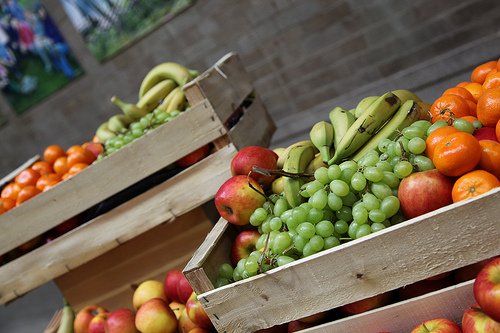

Features
Organic September: what is organic?
The Soil Association recently launched Organic September – a celebration of “healthy, humane and sustainable food, farming and land use”. In the first of four articles on the subject this month, we begin by asking what ‘organic’ means.
It’s a common misconception that only food can be organic. Whilst this is perhaps the most popular suffix, one needs only to look at the Soil Association’s website to see that the notion in fact stretches much wider.
Indeed, farming, animals, textiles, beauty products, standards and principles all appear under the organic banner and all feature in the charity’s month-long celebration of all things organic.
The dictionary definition of ‘organic’ is simply, “Of, relating to, or derived from living matter”, so it’s fairly obvious to ascertain what organic food is. Some of the others, though, are more difficult to grasp.
Organic standards, for example, are the EU-wide laws that allow products to be defined as organic, while organic principles are “the roots from which organic agriculture grows and develops”, according to the Soil Association.
One of the most important things to appreciate is the interconnectedness of the organic system.
Abiding by organic principles, organic farmers (that own organic animals and organic crops) will produce organic food that meets organic standards. And if that’s not enough, the organic textiles and beauty products will have to go through the same stringent process in order for them to be classified officially as genuine members of the organic cycle.
In relation to food specifically, the Soil Association lists five reasons as to why choosing organic is better:
- Food you can trust
- Better for the environment

- Wildlife protection
- Higher animal welfare
- A GM free diet
While this is ultimately designed to relate to food, many of the points are applicable for all organic products.
So the question comes back to what you want out of your products. If you want food, beauty products and textiles that have a positive environmental impact, help reduce global agriculture’s massive carbon footprint, are better for your health and are overwhelmingly better quality, then the organic route is certainly for you.
And this month is the perfect opportunity to kick-start that new lifestyle.
Further reading:
Soil Association set for month-long celebration of organic food
Infographic: does being organic pay back?
EU-US agree organic partnership
Defra report urges UK food industry to adapt to climate change































